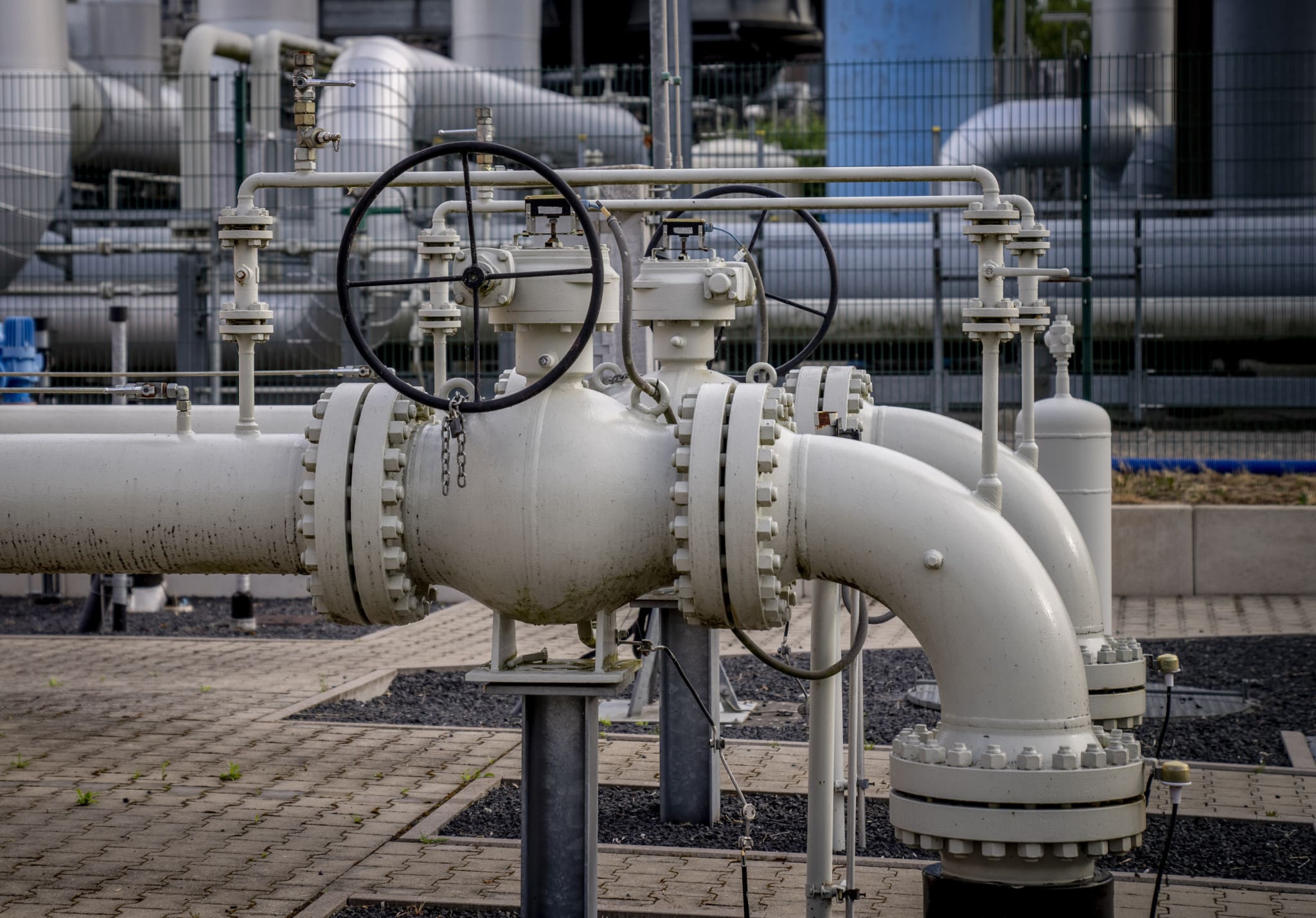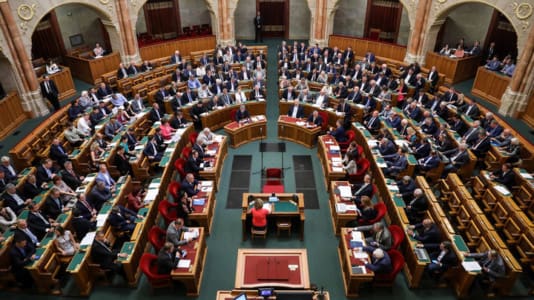The bleak reality of Germany’s energy crisis has been exposed after a damning report by the Gas Infrastructure Europe association revealed that one-third of Germany’s gas storage facilities are not currently filled with gas, and many others are less than a third full.
The information made publicly available by the association, and reported by German tabloid BILD, will be difficult reading for the German federal government as nations across Europe scramble to fill gas storage tanks in anticipation of a difficult winter ahead.
The German federal government, aware of the country’s heavy reliance on Russian energy, has ordered for the country’s gas storage tanks to be 90 percent full by Nov. 1.
However, as reported by BILD, “the Peissen natural gas storage facility (Saxony-Anhalt) is only 19.36 percent full, Bayernugs (Bavaria) 26.26 percent, Astora (Lower Saxony) 34.51 percent and the gas giant Uniper (NRW) 56.16 percent.”
Furthermore, the German news outlet reported that only “around two-thirds of the approximately 40 gas storage facilities in Germany are currently filled with gas.”
While the figure is more than in the summer of last year, it is significantly less than 2020 when storage tanks were more than 80 percent full, and more than 90 percent full by September.
Europe’s powerhouse is trailing in the wake of other European nations such as Poland, which currently has 95 percent of its storage tanks full.
Elsewhere, Hungary also enjoys sufficient reserves in natural gas, and its technology and industry minister, László Palkovics, recently knocked down calls from key German politicians to share its reserves with other European nations.
The key Nord Stream 1 gas pipeline officially down for maintenance, as announced by Russian state-owned Gazprom, although many are skeptical that this is the real reason for delays. The federal government, meanwhile, will need to find a replacement supply to ensure its storage facilities are adequately stocked to cope with the demand of German consumers as temperatures begin to drop in the autumn.
BILD does report that gas can be bought for the costly fee of €15 billion from the state-owned KfW bank in the event of an emergency; however, such a move is expected to be considered a last resort by the federal government.
Additionally, Monday’s announcement by the European Commission of an agreement with Azerbaijan to double its gas exports to the bloc could prove to be Germany’s saving grace.





